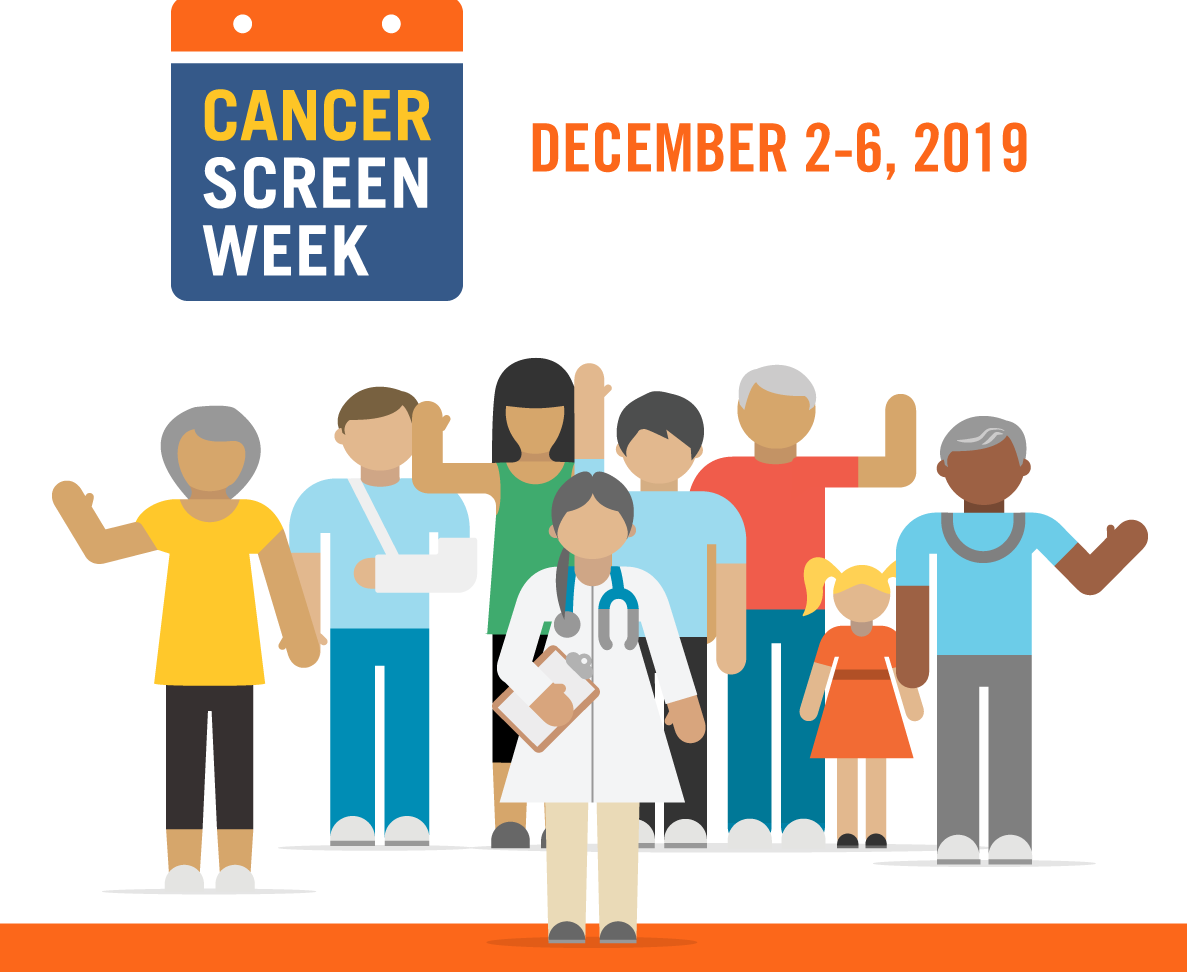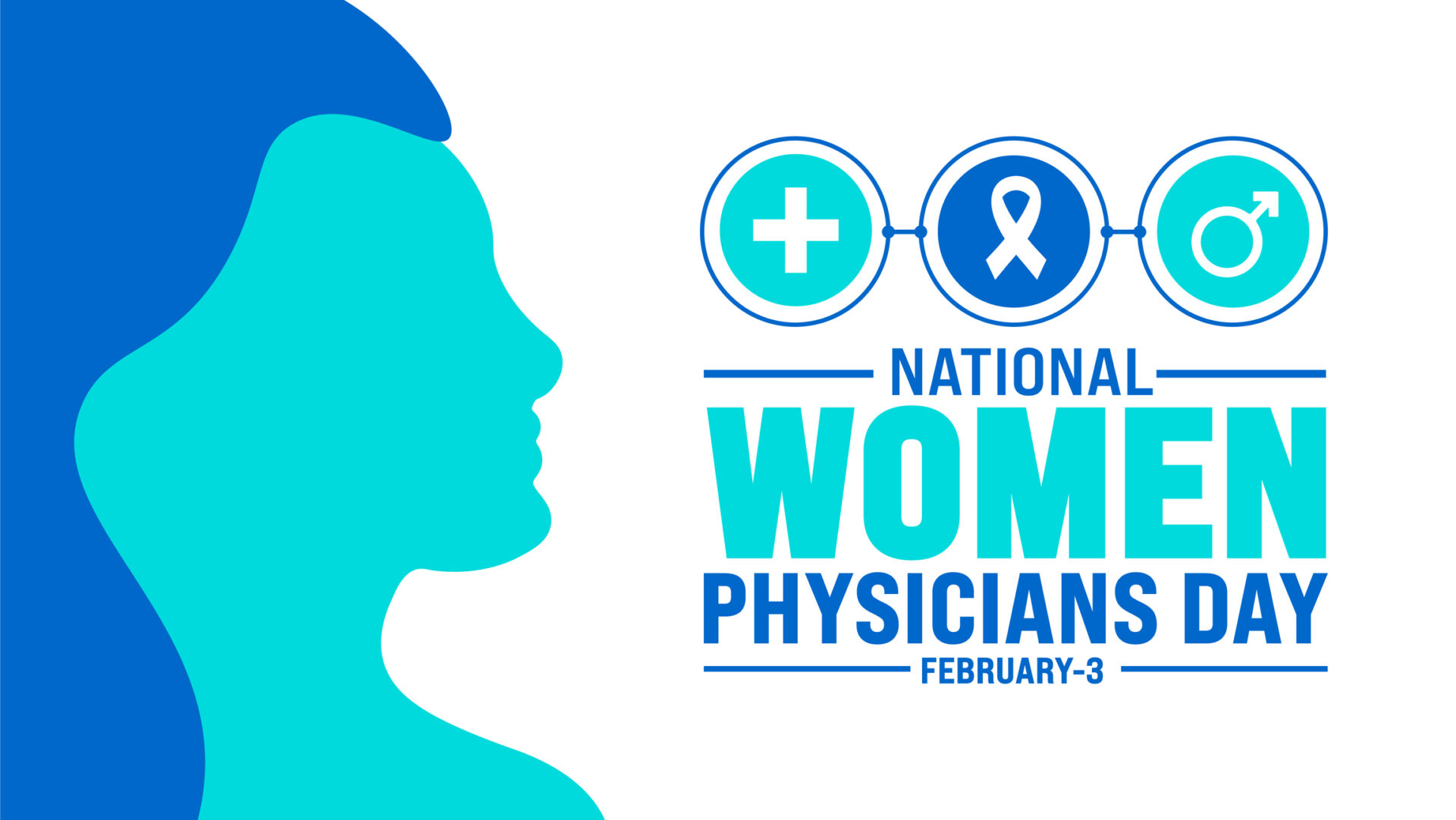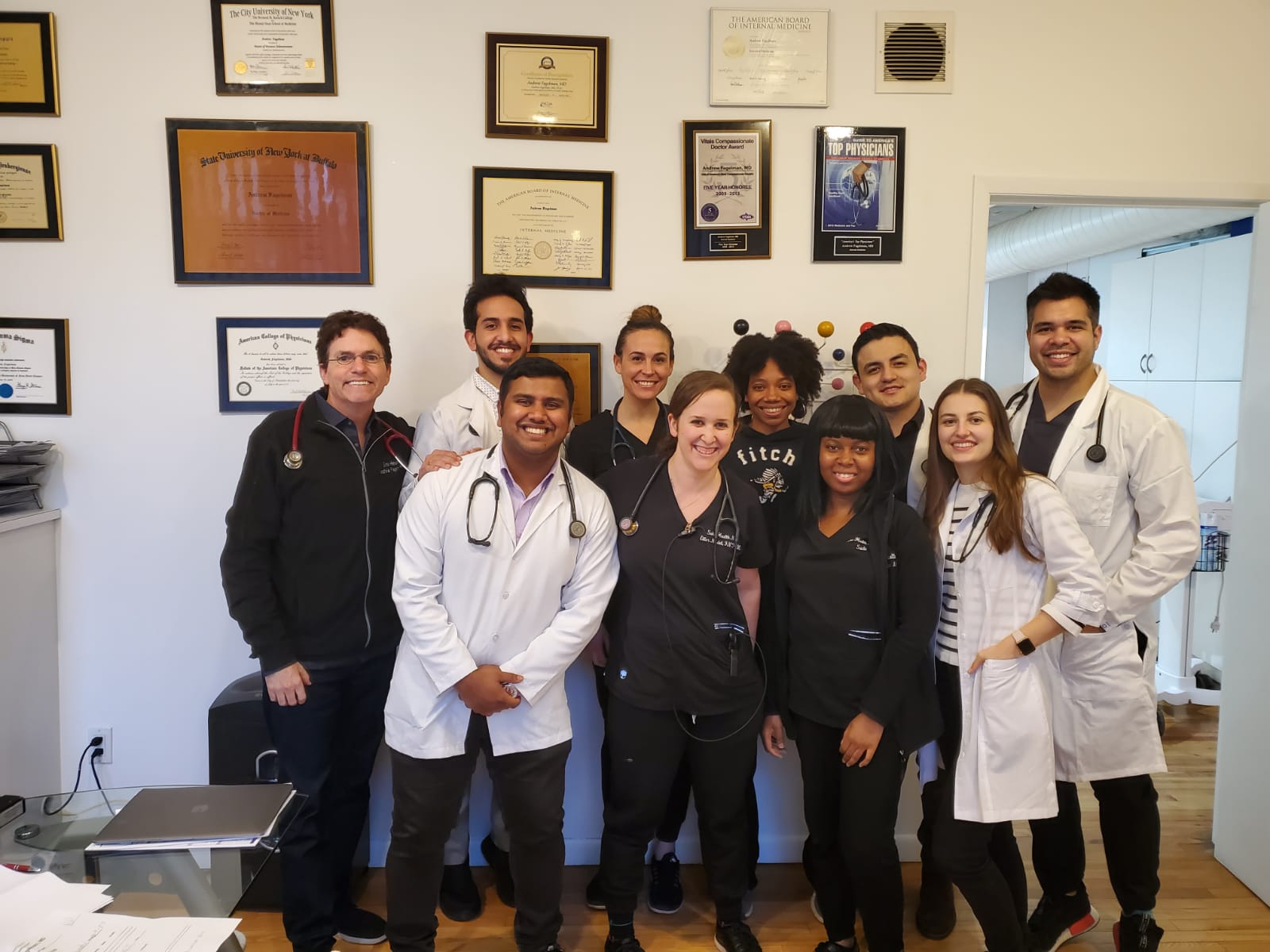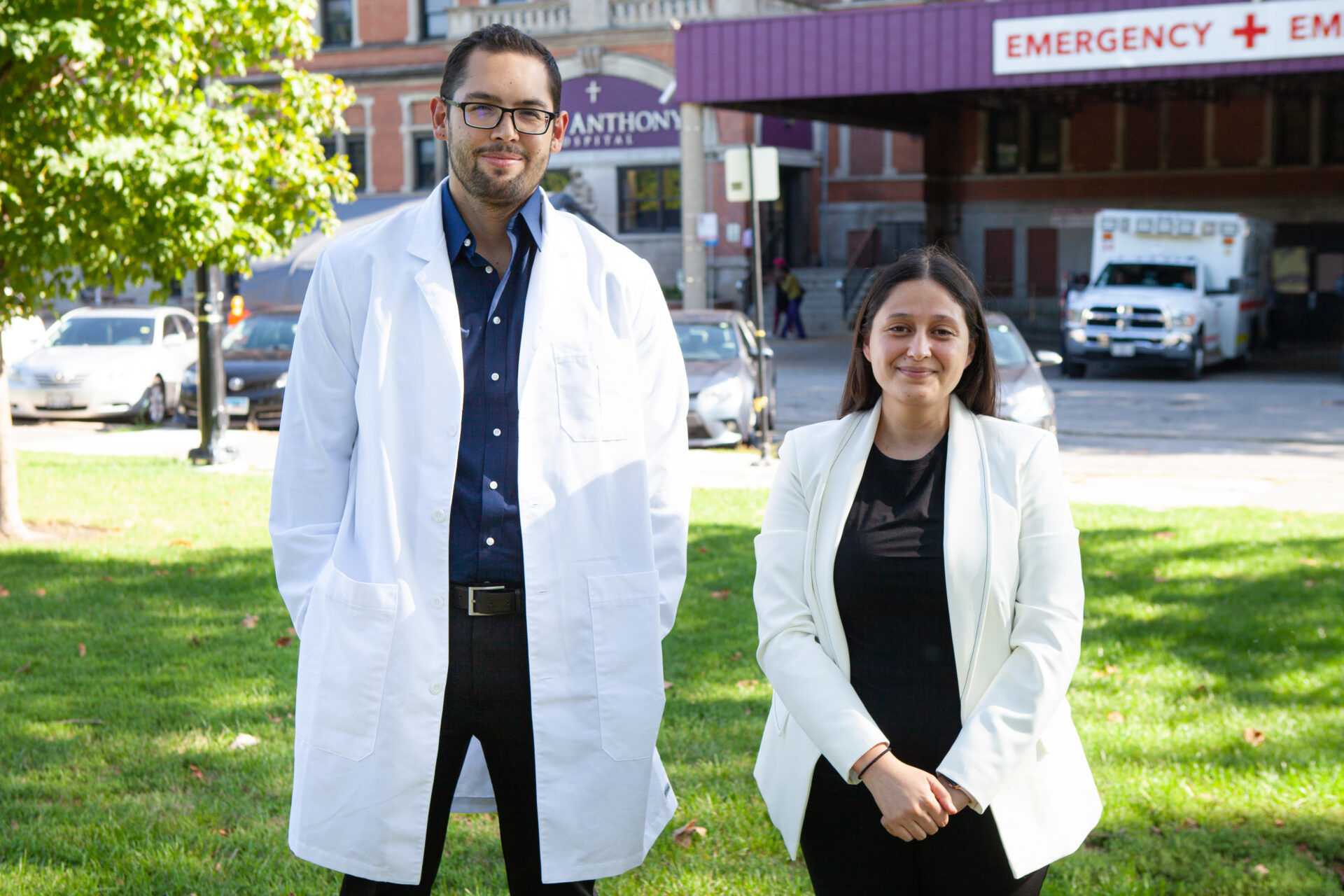18.1 million new cancer cases were reported during 2018 by the World Health Organization. This same year 9.6 million individuals died from cancer. Screening for cancer can be one way to fight the growth of these numbers. Screening detects abnormal growths and signals an issue that requires additional testing. They do not directly lead to a diagnosis. The ACS is encouraging you to be proactive in the fight against cancer during Cancer Screen Week. Between December 2-6, the ACS is providing resources for individuals, healthcare providers, and businesses to encourage individuals to screen themselves for cancer and attend screenings with healthcare providers. Such resources include fact sheets on screening and appointment reminder cards, which you can access here. Continue reading below for information on when to screen for cancer and the importance of self-examinations.
Pros and Cons of Screening
Screening can lead to early detection and treatment, both of which can increase an individual’s chance of survival. Critics of cancer screens argue that they are unnecessary as results can be wrong, with false-positive and negatives occurring on occasion. Both healthcare practitioners and individuals who have experienced cancer themselves, have helped nurse a loved one back to health, or even mourned a loss from cancer would say a screening test is a small price to pay for one’s life. Cancer screens can lead to early detection or detection of something that could potentially turn into cancer. In either case, detection can improve the chances of survival and decrease recovery time.
Cancers to Screen For
The most common types of cancer which are screened for include breast, cervical, bowel, prostate, and lung cancer. The frequency with which individuals should complete these screenings is dependent on age, lifestyle, and family history of such cancers. More information on when do contact your health provider for screening can be found on through the American Cancer Society, here.
Self-Examinations
In addition to completing screenings with healthcare providers, self-examinations are a great way to monitor and track changes in one’s body that could be problematic. Self-examinations of the skin, breasts, and testicles are encouraged to monitor for abnormalities that could be connected to melanoma and breast or testicular cancer. Click here for information on how to perform these self-examinations. It should be noted that self-examinations are supplemental and should not replace regular screening by healthcare providers.
Interested in treating patients with cancer? A clinical experience in oncology could be a great option!
Create an account with AMO today to explore the options >







Sir how I can apply and came to there.
How long it will take time.
What’s the procedure.
I am eagerly wants to join there .
Hope for positive reply.
Thanks